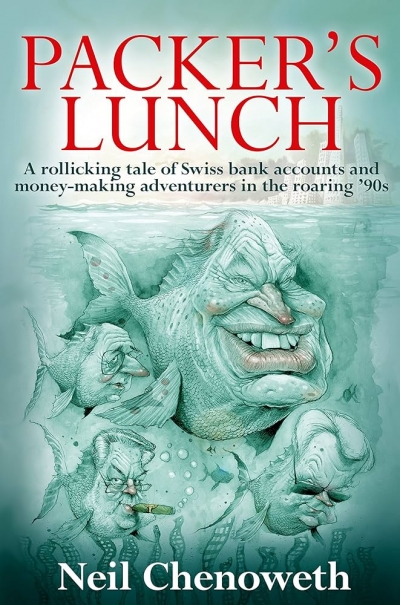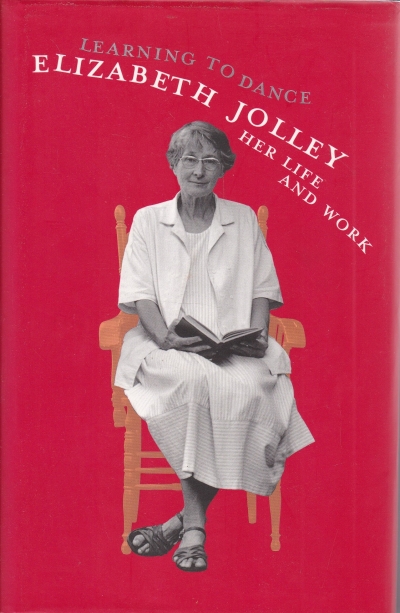Accessibility Tools
- Content scaling 100%
- Font size 100%
- Line height 100%
- Letter spacing 100%
Archive
The ABR Podcast
Released every Thursday, the ABR podcast features our finest reviews, poetry, fiction, interviews, and commentary.
Subscribe via iTunes, Stitcher, Google, or Spotify, or search for ‘The ABR Podcast’ on your favourite podcast app.
‘Where is Nancy?’ Paradoxes in the pursuit of freedom
by Marilyn Lake
This week on The ABR Podcast, Marilyn Lake reviews The Art of Power: My story as America’s first woman Speaker of the House by Nancy Pelosi. The Art of Power, explains Lake, tells how Pelosi, ‘a mother of five and a housewife from California’, became the first woman Speaker of the United States House of Representatives. Marilyn Lake is a Professorial Fellow at the University of Melbourne. Listen to Marilyn Lake’s ‘Where is Nancy?’ Paradoxes in the pursuit of freedom’, published in the November issue of ABR.
Recent episodes:
Mussolini’s Italy: Life under the dictatorship 1915–1945 by Richard Bosworth
One Way Ticket: The untold story of the Bali nine by Cindy Wockner and Madonna King
Australian Security After 9/11: New and old agendas edited by Derek McDougall and Peter Shearman
Packer’s Lunch: A rollicking tale of Swiss bank accounts and money-making adventures in the roaring 90s by Neil Chenoweth
The kitchen vessels that sustained
Your printed books, my poems, our life,
Are fallen away. The words remain –
Not all – but those of style and worth.









